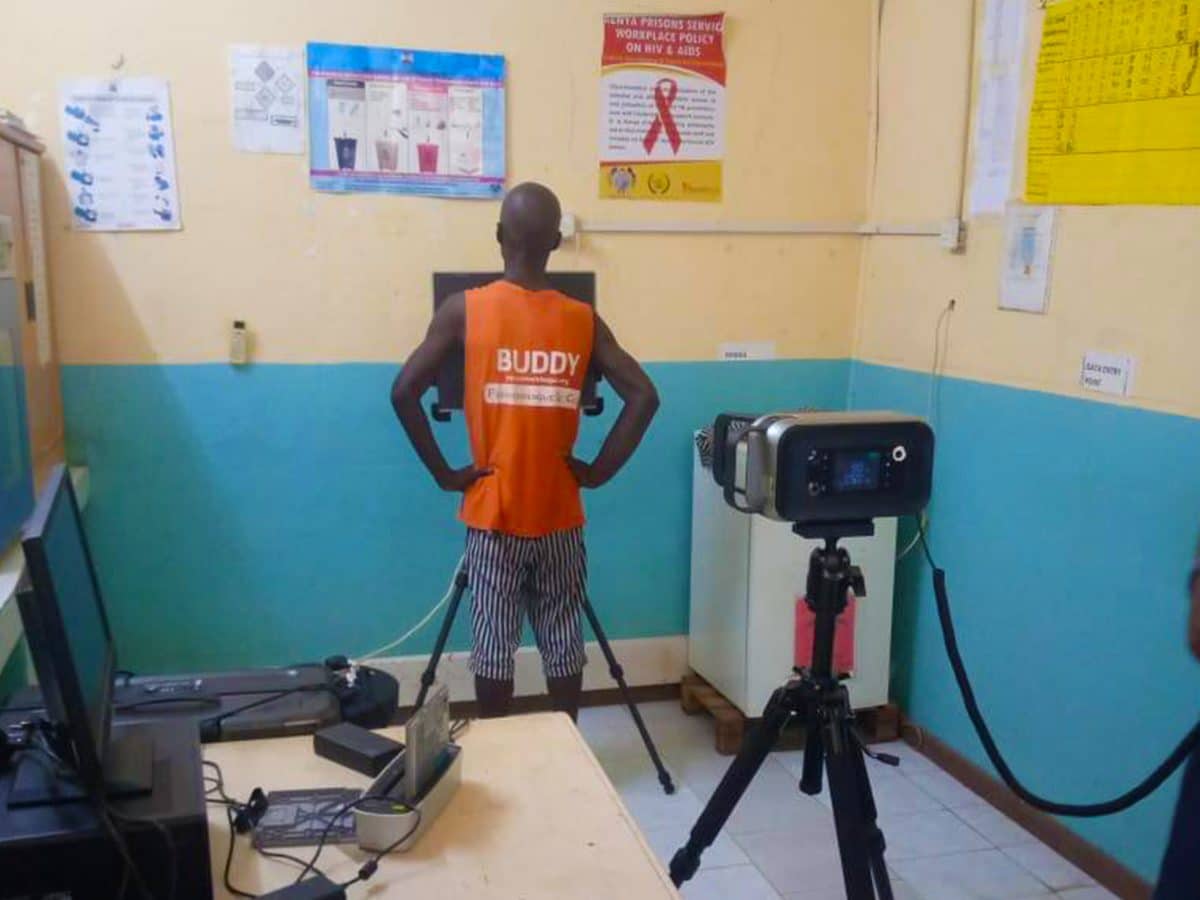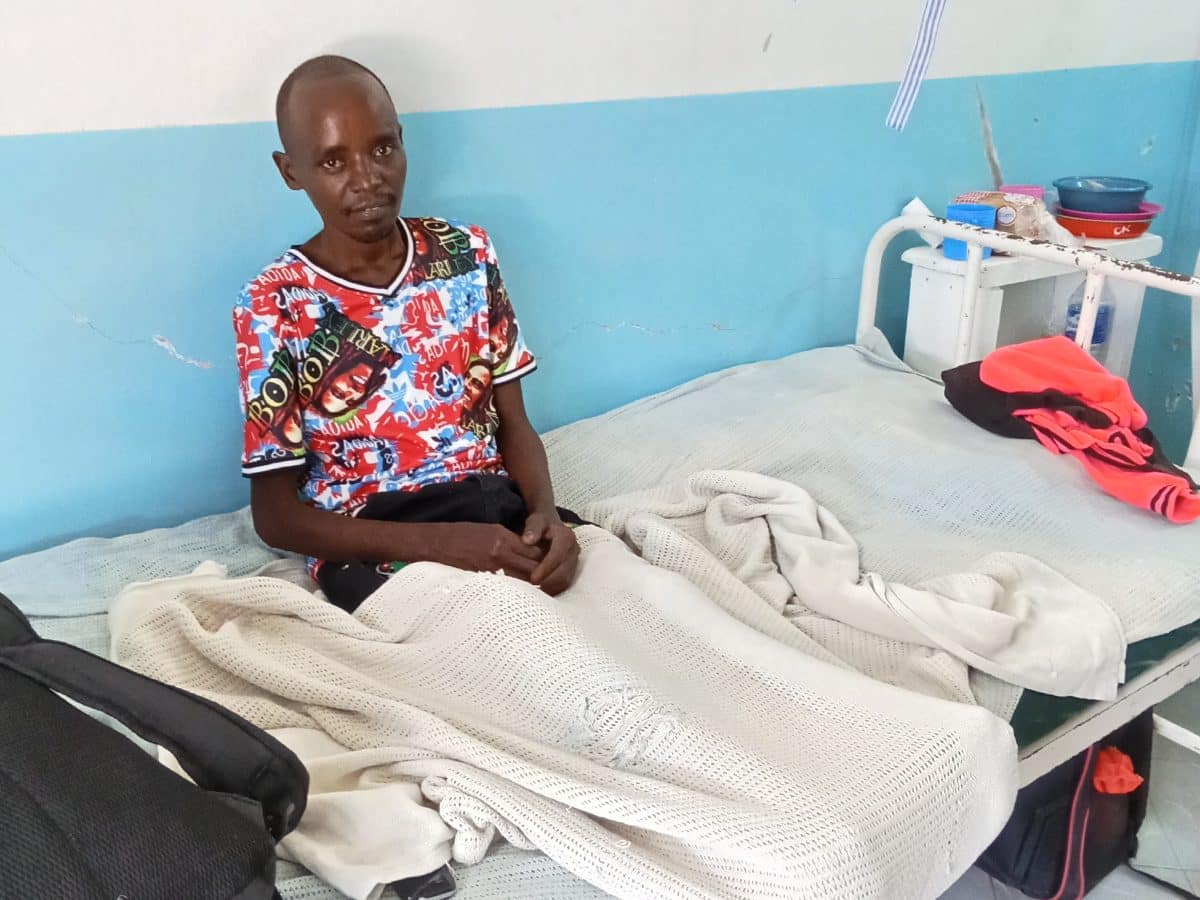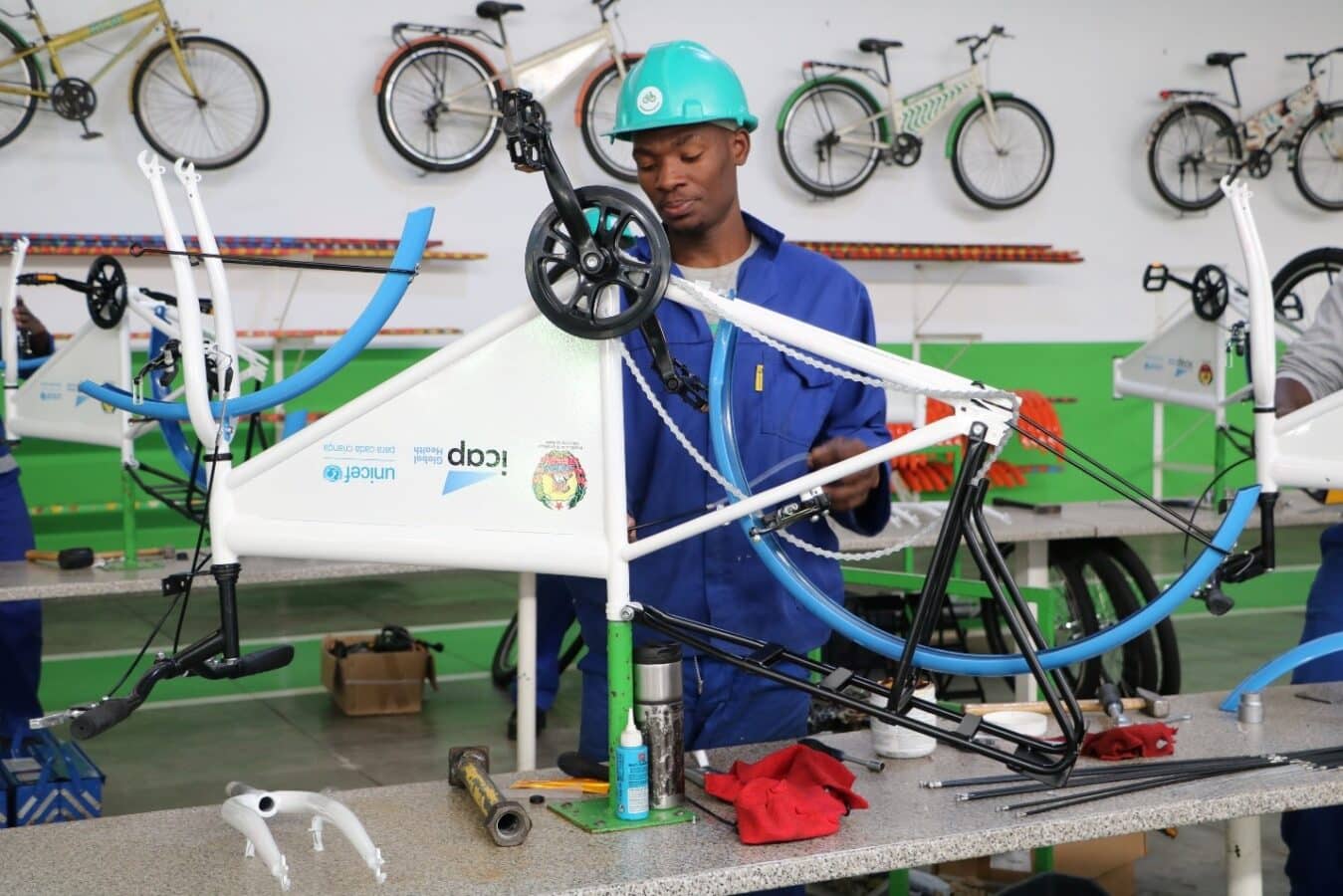For as long as she can remember, Yen Pottinger, PhD, ICAP’s senior technical advisor for Laboratory Surveillance, has had a deep curiosity about how viruses work.
“I love viruses over organisms like bacteria and parasites,” Pottinger says excitedly. “Viruses are very efficient. They get the job done. HIV, for instance, is especially brilliant – it attacks the cells that you use to attack the virus, and it integrates itself into your genome so once you’re infected, you can’t get rid of it,” she says.
Here at ICAP, Pottinger uses her passion and expertise as an HIV virologist to lead teams to oversee the planning, initiation, and implementation of many of our laboratory programs and activities. Pottinger joined ICAP in 2015 as the senior laboratory advisor for the Population-based HIV Impact Assessment project (PHIA), where she led the lab component of the first round of PHIA surveys. “I was involved in the design and implementation of PHIA1 from inception, and I am the architect of the laboratory systems used in the surveys from field specimen collection to the use of satellite laboratories and central laboratories for specimen processing, testing and storage that are still in use in PHIA2.”
After PHIA, Pottinger moved to the Tracking Recency Assays to Control the Epidemic (TRACE) project that implements rapid recency testing in routine HIV testing services. “In my previous role at CDC ILB, I was the incidence team lead and under the guidance of Bharat Parekh, PhD, developed the Limiting Antigen assay that was first validated in SHIMS1 (Swaziland HIV Incidence Measurement Survey). The Limiting Antigen assay was then was used across all the PHIAs to provide one of the primary endpoints – national HIV incidence estimates – which was a major breakthrough in the field as it provided accurate estimates of new HIV infections.” The CDC recognized its public health impact by awarding Pottinger and team their highest award, the Charles C. Shepard award in laboratory science in 2012. The Limiting Antigen assay is now the global standard laboratory-based assay used to measure population-level incidence.
These days, Pottinger spends more of her time advising on COVID-19 diagnostics and testing and using her expertise to inform people about using the appropriate tests to attain high-quality lab results. “I love mentoring our lab advisors and supporting all the hard work they do in the field. They are the ones out there giving advice, training study staff, and representing our work with our partners,” says Pottinger, who has always wished to make an impact by working in the public health sector.
Even though Pottinger has always been interested in the sciences, her career path has taken a slightly different turn from her childhood dreams of becoming a medical doctor. In high school, Pottinger loved chemistry and wanted to be a chemist. She gained admission to McGill University in Montreal, Canada, where she entered the chemistry program but quickly realized being a chemist wasn’t her career goal and started taking biochemistry classes. Still, Pottinger admits she was never interested in diseases like cancer because it took too long to affect the host.
Pottinger made another program switch in grad school. At UC Davis, she decided to focus on viruses. “I thought I might develop a drug that would have an impact on diseases caused by viruses, and so I entered the school of pharmacology and toxicology at UC Davis, and joined an HIV lab, mixing my love for viruses and my love of chemistry,” she said.
After grad school, Pottinger joined the CDC, first in the domestic HIV division, and then moved over to the global AIDS program where she worked on numerous PEPFAR (President’s Emergency Plan for AIDS Relief) projects, as well as pandemic planning for influenza.
Her advice for people planning to pursue a career in laboratory science is to be curious. “Find ways to answer questions that are important not just for labs, but for public health.” According to Pottinger, the laboratory is the keystone to improving HIV programs and improving outcomes for those infected with HIV, such as accurate HIV diagnosis, and viral load monitoring. “And now with the COVID-19 outbreak, I think it has become apparent to the global community how essential testing and laboratory staff are to understanding the pandemic, getting it under control, and the scientific work we do in the lab will help get us out of the pandemic,” she says with hope.
Regarding the future of laboratory work and implementation, especially with the past year’s pandemic challenges, Pottinger hopes more young scientists will consider laboratory work as a career choice. “It is so vital, and your work has a direct impact on people’s lives.”
Pottinger believes research opportunities in infectious diseases are endless, from understanding viruses to increasing clinical laboratorians’ global capacity. “The shortage of testing capacity across the Americas, Africa, and elsewhere in the early days of COVID-19 showed us that we need to be better prepared for the next pandemic. Lastly, we also need ambassadors to help explain what we do to the public to build trust rather than skepticism. This has to be a part of any laboratorian’s training.”







